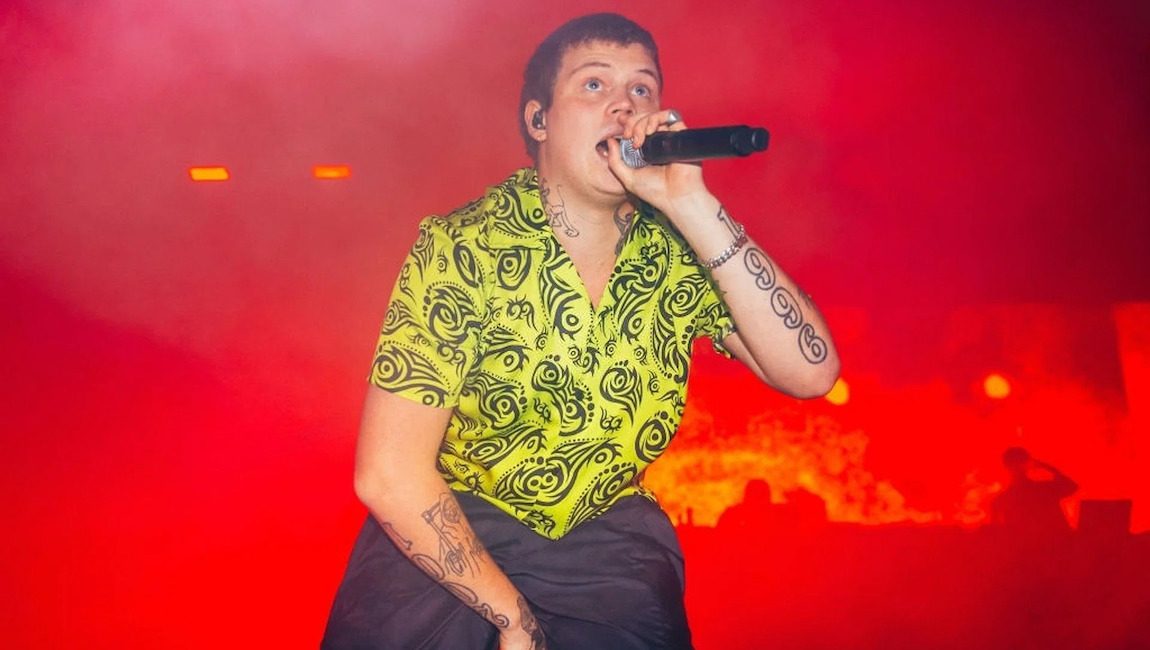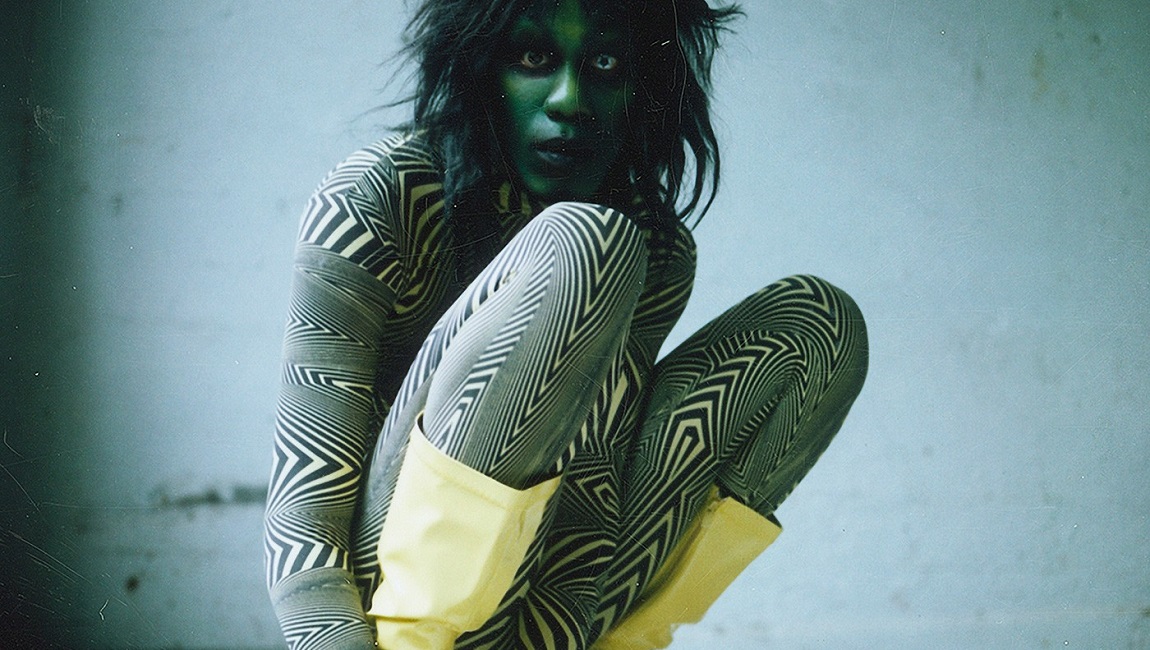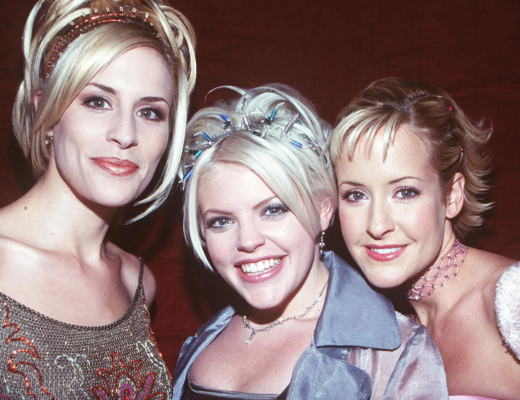Stardust is something of a reset for Lean, showcasing the rapper’s facility with various styles and successful, mode-switching collabs.
While many would love to deny it, Jonatan Aron Leandoer’s influence on the trajectory of Western pop music over the last few years is largely unmatched, with elements of the eclectic cloud rap aesthetic he pioneered as Yung Lean apparent in the recent music of a variety of contemporaries and predecessors. He’s also (not exclusively) responsible for charting a path from Internet stardom to mainstream stardom, cultivating a dedicated fan base via SoundCloud and Tumblr that forced the industry to come to him — a strategy inspired by Chief Keef and the drill artists who reached national prominence using similar social media apparati. Nevertheless, Yung Lean has mostly remained a prominent figure at a remove from the culture, boasting a number of famous friends and significant collaborations (some vocals tucked away on Frank Ocean’s Blonde, a couple early Travis Scott tracks, etc.), without ever quite earning true pop star status in the way that his Drain Gang associates currently appear to be. There are any number of reasons why Yung Lean has found himself in this curious spot — mainstream media skepticism/derision, struggles with addiction and depression, personal tragedy/loss — but even barring these significant external factors, one imagines his career wouldn’t look so different, being an artist so very committed to his own pace.
New mixtape Stardust works as something of a reset for Yung Lean, a sort of companion piece to 2020 album Starz which saw the rapper open himself up to a more streamlined, broadly appealing sound signified by features from like-minded pop maniacs Ariel Pink and Playboi Carti (removed from the digital version). Stardust is at once more concise than that previous project (a dreamy 35 minutes), while also opening up space to collaboration in a major way. Ultimately scanning as more celebratory than cynical, Stardust finds room for the various, ascendent Drain Gang affiliates and high profile fans, Skrillex and FKA Twigs, without straining to find stylistic common ground, or losing that Leanian edge. Anchored by a robust lineup of trusted producers (primary Drain producer Whitearmor and RipSquad’s Lusi) overseen by Fredrik Okazaki and with a contribution from Whole Lotta Red architect Art Dealer (the joyful “Trip”), Stardust convincingly pulls together various stylistic elements including the anticipated glittery videogame trap production most associated with Lean, along with post-punk melody and delirious art pop.
Undoubtedly inspired by the work of aforementioned Starz contributor Ariel Pink, Stardust establishes its aesthetic balancing act upfront with the Twigs-featuring “Bliss,” which finds the duo riding a driving punk guitar riff into gonzo trap production and gleefully dramatic singalong vocals. The subsequent 11 tracks split their time in between these tones, making room for Lean’s gloomy yearning and buzzy, whining delivery on “Starz2therainbow” and melancholic rumination on “Paradise Lost”, as well as Skrillex’s hyped-up take on cloud production for the triumphant Drain posse cut “SummerTime Blood” (with an uncharacteristically subdued sensual track from the iconic EDM producer, “Lips” preceding that one). Lean traverses tone and genre on Stardust without ever losing sight of its cumulative appeal or his very specific, beautifully cryptic lyricism; in fact, it proves to be his most readily digestible release yet. It’s hard to tell if this mixtape indicates where Lean is heading, as it’s never been too easy to discern the rapper’s next move, but at the very least, it reflects a mode he has no problem operating in.
Published as part of Album Roundup — April 2022 | Part 2.







